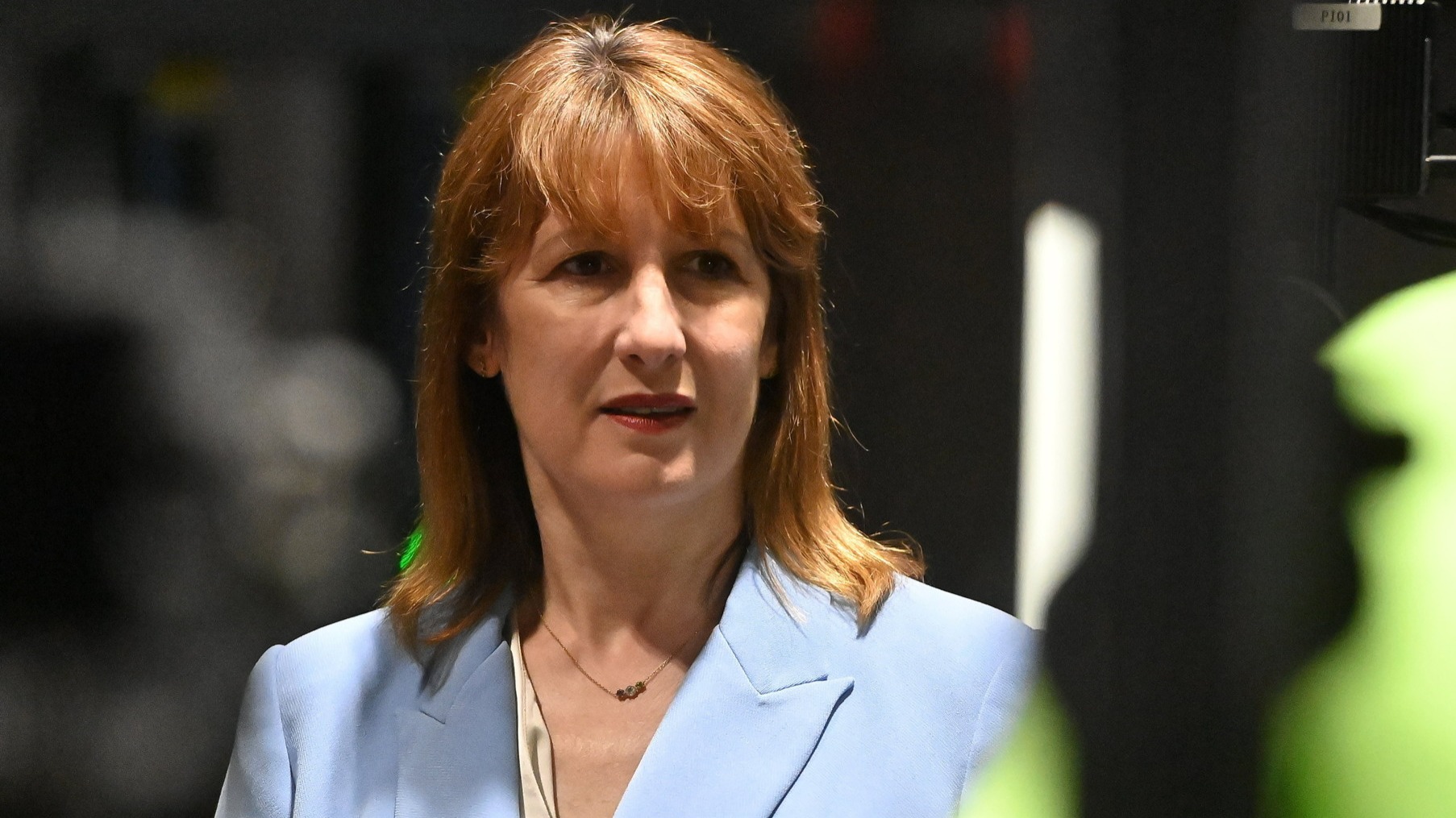Homeowners, especially pensioners hoping to downsize, could soon face a startling change in the tax rules.
Chancellor Rachel Reeves is reportedly considering making the sale of certain family homes liable for capital gains tax (CGT), a move critics are already calling a form of “mansion tax.”
If enacted, this plan would target homeowners of high-value properties.
Higher-rate taxpayers could end up paying 24% on any gains made when selling, while those on the basic rate would pay 18%.
The threshold for the tax is still being discussed, with reports suggesting it could affect homes valued above £1.5 million.
Private Residence Relief Could Be Scrapped
Currently, homeowners enjoy “private residence relief,” meaning they don’t pay CGT on the sale of their main home if certain conditions are met.
This includes living in the home full-time, not using parts of it exclusively for business, and keeping the property under five acres.
Under Ms. Reeves’ proposals, some of these exemptions could disappear for properties above the proposed threshold.
Analysts warn that long-term homeowners, particularly pensioners who bought homes decades ago, could see huge tax bills.
Estimates suggest around 120,000 higher-rate taxpayers could face CGT bills approaching £200,000.
Experts Warn of Market Disruption
Property specialists are voicing concern that a “mansion tax” could actually backfire.
Aneisha Beveridge from Hamptons explained that the change would create a cliff-edge at the £1.5 million mark, discouraging owners from selling and potentially slowing down the housing market.
Tom Bill from Knight Frank added that top-end properties may not generate significant gains anyway, given that prime London property values have fallen over the last decade.
Simon Brown from Landmark Information Group echoed concerns, saying higher taxes on property sales could limit housing choices, reduce transactions, and ultimately shrink Treasury revenue.
Political Backlash Looms
Labour previously ruled out imposing CGT on family homes, calling the idea a “bad move” before the 2024 general election.
Sir Keir Starmer even guaranteed that such a policy would not happen.
Now, however, with Ms. Reeves considering the tax as part of an autumn Budget, critics accuse the government of breaking that earlier promise.
Tory leader Kemi Badenoch was quick to condemn the proposals, arguing that Ms. Reeves would “tax anyone and anything to cover for her economic incompetence.”
Other Property Tax Shake-Ups on the Horizon
The Chancellor is reportedly considering broader property tax reforms, including changes to stamp duty, council tax, and inheritance tax.
A previous proposal from economist Tim Leunig suggested replacing stamp duty with an annual levy on future homeowners to encourage downsizing and ease the housing market.
However, sources suggest current homeowners might still be spared from this annual charge.
TV presenter Kirstie Allsopp warned that introducing new property taxes risks destabilising the market and punishing homeowners for their long-term financial sacrifices.
Government Response and Uncertainty
Treasury ministers have been cautious in commenting.
Torsten Bell stressed that any changes to property taxation would be set out in the Chancellor’s Budget.
The pensions minister emphasized that protecting working people’s standards of living remains a priority, while a Treasury spokesperson highlighted the government’s commitment to economic growth as a means of strengthening public finances.
In short, the possibility of capital gains tax on family homes remains under serious consideration, but the exact details, thresholds, and timing are still unknown.
For now, homeowners and market watchers are left to speculate on how far-reaching the changes could be.



